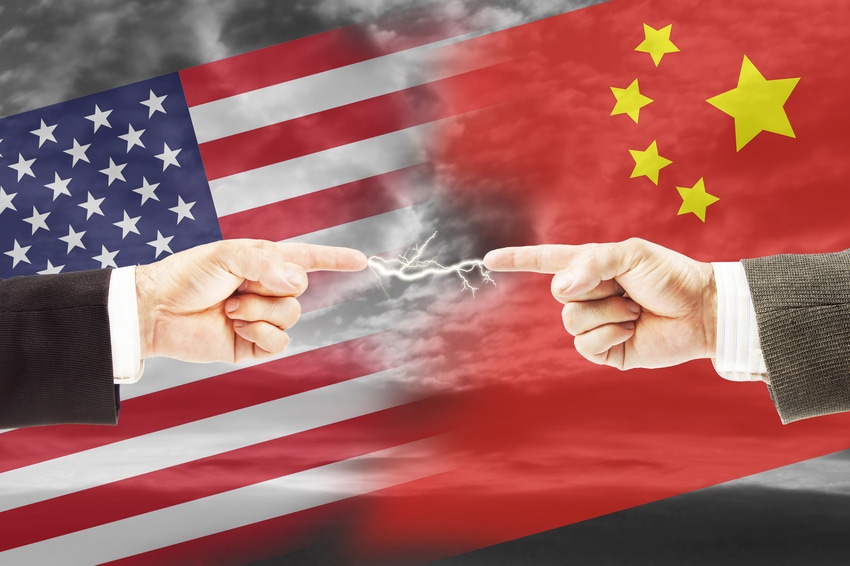Trade organisations called on the Biden administration to expedite its China policy reviews and to reopen trade talks with its main rival.
August 6, 2021

Trade organisations called on the Biden administration to expedite its China policy reviews and to reopen trade talks with its main rival.
The Wall Street Journalreported in an exclusive that on Thursday dozens of US trade organisations sent a letter to Katherine Tai, the US Trade Representative, and Janet Yellen, the Treasury Secretary, urging the Biden administration to be more explicit with its China policies, which has been under review, and to reopen trade talks with China. Among the signatories was the Semiconductor Industry Association, which represent almost all the major companies in the semiconductor industry globally. The letter has not been published on any of the named organisations’ websites, nor has the content in its entirety been made available by the WSJ.
The letter demanded clarification from the government on whether it intends to enforce Phase One of the trade agreement negotiated by the Trump administration, or to extend it. A major concern expressed by the business representatives is the import tariff levied on goods from China, accounting for roughly half of the total import value. Although the group argued, to support its demand that tariffs be lifted, that China had met some demands agreed in Phase One, they also conceded that more should be done. However, Chad Bown, an economist at the Peterson Institute for International Economics, told the newspaper that “China is well behind in its commitment to boost purchases by $200 billion over two years”, a major item on the Phase One agreement.
It is understandable that American industries and businesses should demand the government to lift the restrictions and tariffs. While the post-Covid recovery has been erratic, increased cost because of the import duty has reflected in higher prices would not help recovery in sectors like retail, while business opportunities lost to sanctions are not good news for sectors like hi-tech. This is not the first time the industries, including the tech sectors, have expressed its frustration with the restrictions government decrees have confined them to. Companies like Qualcomm has repeated requested exceptions from the embargo imposed on companies like Huawei, erstwhile one of its biggest customers. On more than one occasions their requests were granted.
Since assuming office, the Biden administration has largely continued the decoupling trajectory with China started by the previous government. Although Telecoms.com was happy to see our prediction vindicated that Biden would park his China policy at a half-way house, albeit one “closer to Trump Tower than to Davos”, and some of our predictions on the tactics have been proved accurate (for example the removal of Xiaomi from the entity list), we still believe a clearly spelt out policy towards China in both trade and economy is necessary to instil certainty into the industries in both countries. In the whole world actually, given the high stake of the bi-lateral relationship.
About the Author(s)
You May Also Like








.png?width=300&auto=webp&quality=80&disable=upscale)


_1.jpg?width=300&auto=webp&quality=80&disable=upscale)


.png?width=800&auto=webp&quality=80&disable=upscale)